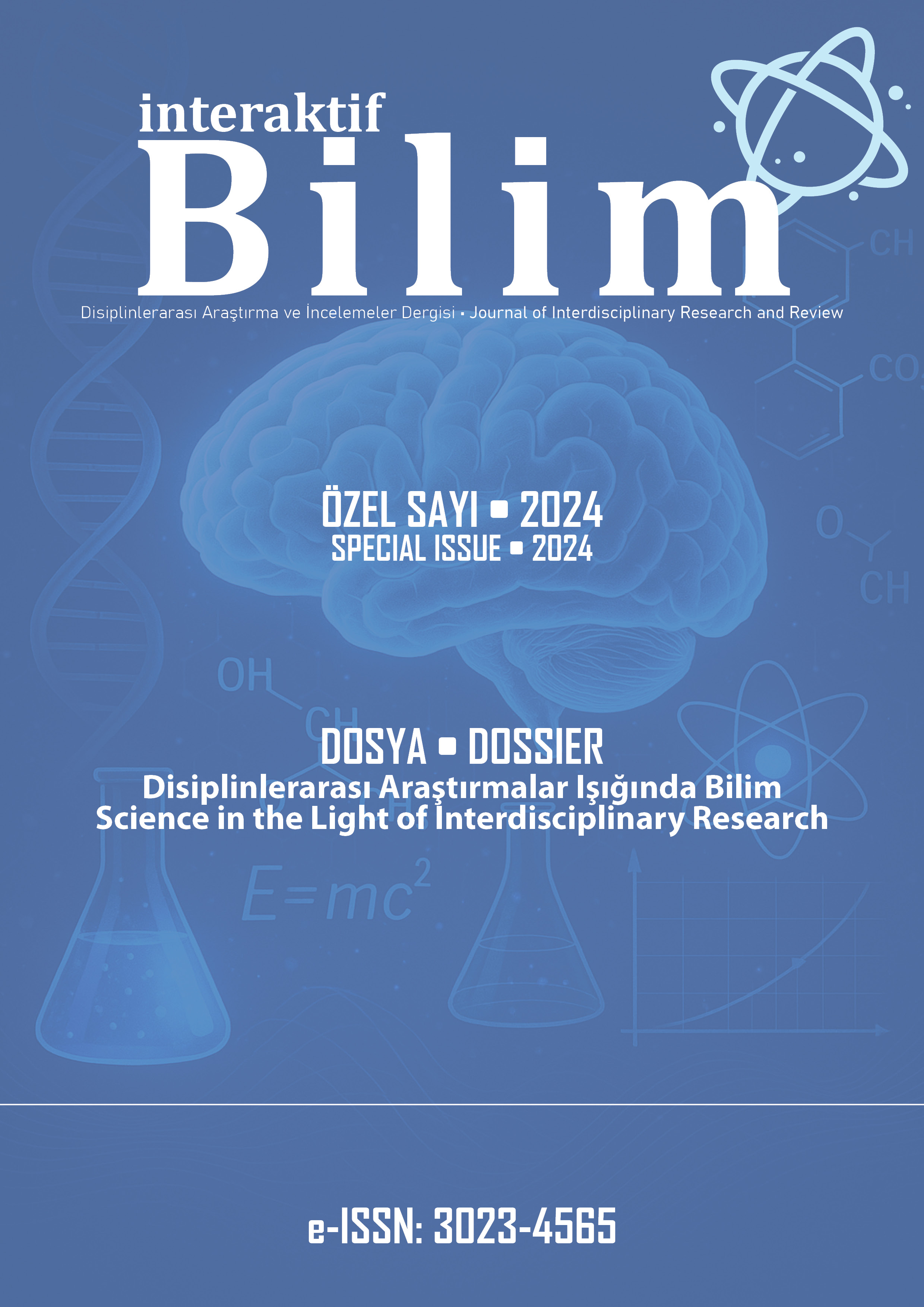THE EFFICACY OF COGNITIVE BEHAVIORAL THERAPY IN TREATING DEPRESSION: FINDINGS FROM THE LAST 10 YEARS
Main Article Content
Abstract
Depression is a prevalent mental disorder worldwide that significantly impairs individuals' quality of life. Cognitive Behavioral Therapy (CBT) is a structured, short-term psychotherapy approach with proven efficacy in the treatment of depression. This literature review aims to compile and analyze scientific findings published within the last ten years (2014-2024) regarding the efficacy of CBT in treating depression. The review examines the efficacy of CBT in various populations, including adults with major depressive disorder, adolescents, the elderly, individuals with chronic illnesses, and women experiencing postpartum depression. Furthermore, the efficacy of different CBT delivery formats, such as individual, group, internet-based, and brief CBT, is compared; and CBT is contrasted with pharmacotherapy and other psychotherapeutic approaches. Findings indicate that CBT has a strong effect on reducing depressive symptoms, preventing relapse, and improving quality of life. Factors such as the therapeutic alliance, patient characteristics, and treatment adherence are noted to potentially influence CBT's efficacy. Internet-based CBT applications also present promising results and increase accessibility. This review highlights the current position and importance of CBT in depression treatment, offers significant implications for clinical practice, and points towards future research directions.
Article Details

This work is licensed under a Creative Commons Attribution 4.0 International License.





